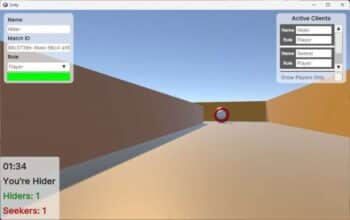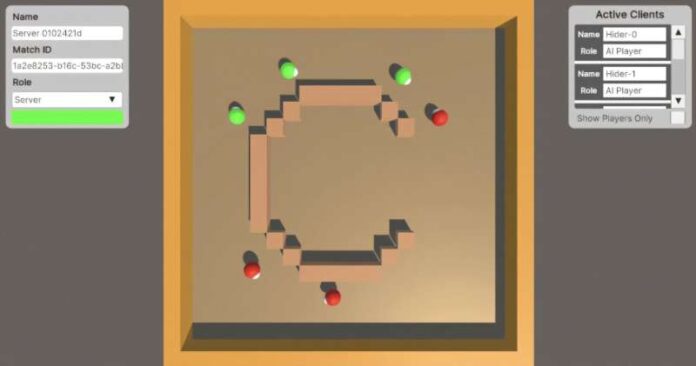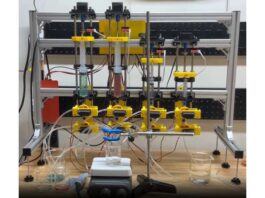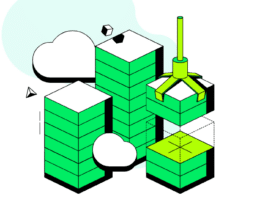A new platform offers innovative solutions, pushing the boundaries of human-AI teaming and setting the stage for a future of enhanced collaboration and adaptability.

Artificial intelligence (AI) has become an invisible yet essential part of our daily lives. From filtering spam emails to enhancing streaming recommendations and serving as a co-pilot for automotive tasks, AI seamlessly aids us in achieving efficiency and precision. As human-AI collaboration deepens, critical questions arise: How should humans and AI complement one another? What kind of feedback enhances AI training? How can trust in AI be optimized to balance collaboration without over-reliance?
Researchers at Duke University are addressing these challenges through CREW—an innovative platform designed to advance human-AI teaming. “The goal is to harness the strengths of both humans and AI to create dynamic, adaptable collaborations,” explains Professor Boyuan Chen, director of the Duke General Robotics Lab. Published in the Transactions of Machine Learning Research, CREW offers a robust toolkit to study and improve human-AI interaction across disciplines.
CREW stands out for its unique approach. Unlike platforms focusing solely on AI performance, CREW prioritizes the human element. It provides pre-built games—such as bowling, treasure hunting, and hide-and-seek—alongside customizable tasks. These activities enable researchers to explore how humans and AI can collaborate effectively. A standout feature is its real-time feedback system, where users offer nuanced responses via a gradient scale, significantly enhancing the AI’s adaptability and training speed.
The platform also integrates advanced interfaces to capture passive physiological data, including eye movements, brain activity, and heart rate. This comprehensive dataset provides profound insights into human-AI interaction, paving the way for more intuitive and effective collaboration frameworks.
CREW goes a step further with cognitive tests that assess traits influencing teamwork efficiency. A study involving 50 adults revealed that skills like spatial reasoning and quick decision-making impact collaboration success. These findings could lead to targeted human training programs and adaptive AI systems that strengthen teamwork.
Fully open-source, CREW invites global researchers to innovate in human-AI collaboration. Future updates will expand tasks, support multiplayer strategies, and refine physiological data analysis. “We’re just scratching the surface,” says Lingyu Zhang, a Ph.D. student on the project. With CREW, Duke University is shaping the future of human-AI collaboration, ensuring these partnerships enhance human potential rather than replace it.




